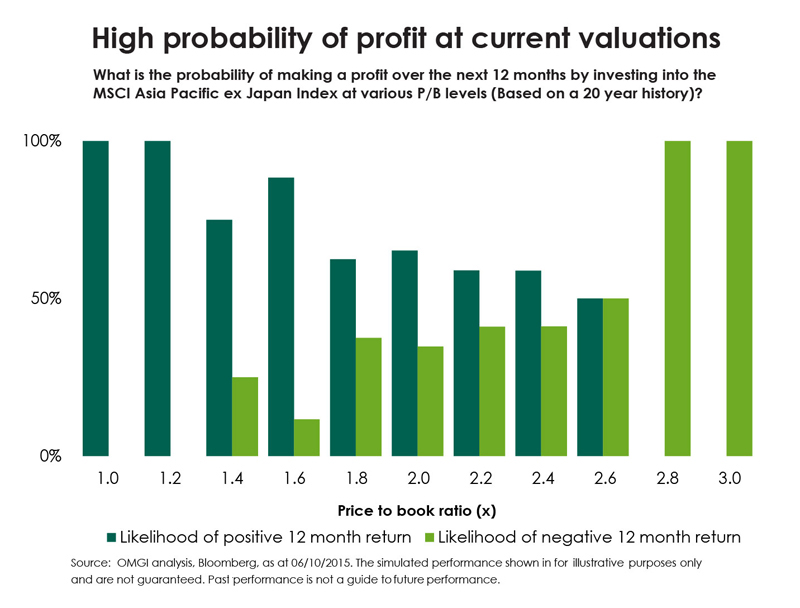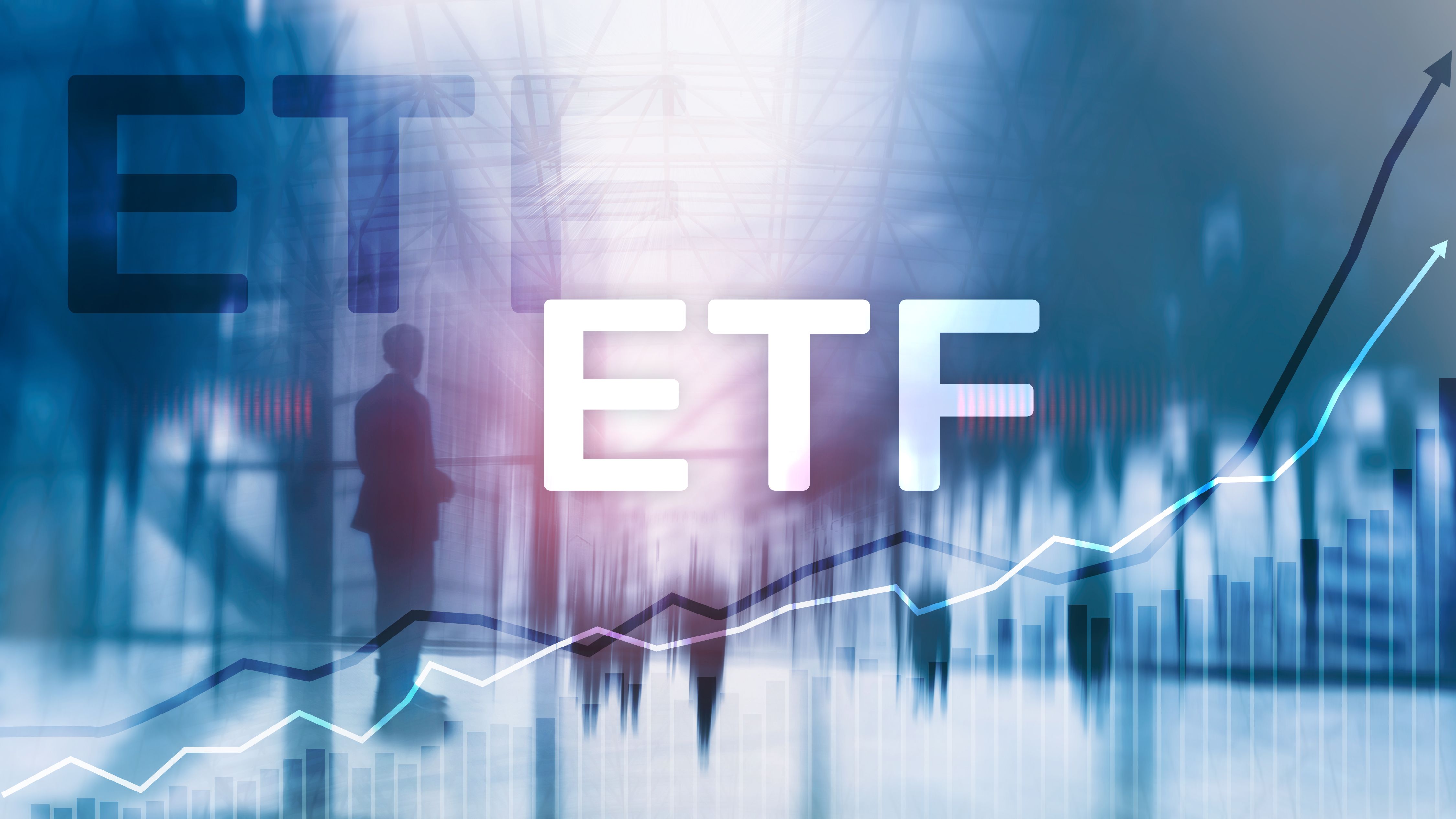Now it is a good time to invest in Asian equities despite the on-going volatility and market uncertainty.
According to Joshua Crabb, head of Asian Equities at Old Mutual Global Investors, “Although we predict continued volatility, a number of key market trends are changing and we believe now it is a good time to invest into Asian equities. Correspondingly we expect Asian equity markets to generally move higher from current levels in 2017.”
He said that Asian equities remain under-owned and are relatively cheap compared to developed markets on a 1.5x price to book ratio, with 2017 earnings revisions that have stabilised and are improving. He considers a rate rise at the December meeting of the US Federal Reserve to be now 100% priced into markets and said that as long as future increases are gradual, Asian economies should be able to adjust without too many issues.

“The global market rotation towards value and away from growth also applies in Asia and overall we are positioned for a cyclical upturn with a strong value tilt,” he said. “Trump’s push for tax cuts and his plans for fiscal expansion are pro-growth and positive for equity markets and commodity prices, with steeper yield curves largely good for financials. Politicians’ bark is often worse than their bite and we don’t think we’ll see the full scale, aggressive increases in import tariffs that Trump promised during his election campaign, more a focus on making strong bilateral trade deals.”
Crabb noted that Asian domestic economies are much more robust than 10 years ago, so some exporting nations may see an impact to GDP with Trump as US president, but he believes that many are much better placed to weather any weakness than before.
“There are a number of aspects that need careful consideration next year, including turbulence around a number of European elections and the impact of both a stronger US dollar and higher long term financing rates,” he added. “To conclude, Asia has broken out of a six year downwards trading range versus developed markets and if it this holds then it could very well be the ‘buy the dip’ moment for Asia.”
Looking specifically at Japan, Rob Weatherston, portfolio manager at Old Mutual Global Investors noted that although 2016 has been a challenging year, overall Japan is in fact one of the best-performing developed markets since Abenomics began in 2013.
“Deflation is over and Abenomics has been successful in creating wage inflation, consumer price inflation, and an increase in real estate and stock prices,” he said. “The mid-year reboot of Abenomics is additionally placing an emphasis on innovation, social inclusion and productivity.
The new Bank of Japan yield curve control policy announced in September means that the currency will be very responsive to movements in US yields. If the Trump steepener continues, the Yen will weaken further.”
He believes the recent rise of the USD and increased long term bond yields are positive for corporate earnings and expects to see evidence of analysts increasing their forecasts going into 2017.
Prime Minister Shinzo Abe was the first foreign leader to meet the president-elect Donald Trump, underscoring the strength of the bond between these nations.
“Foreign investors have pulled a lot of money out of Japanese equities this year, making it one of the largest periods for outflows since 1987,” said Mr. Weatherston. “We think it’s likely that this will reverse next year as investors better understand the Japanese recovery. The stock market offers exposure to an attractive combination of loose monetary policy, domestic fiscal stimulus, external demand stimulus and structural reform. We remain positioned for this. We expect the reflation theme to remain on track and corporate governance improvements to continue with material increases in pay-outs to shareholders.
“Overall, the Japanese market remains relatively cheap versus developed markets and we think offers an attractive risk reward from this point forward. There has never been a more exciting time to invest in the country.”









